Success Stories
Ministerio de Desarrollo Humano e Inclusión Social - Costa Rica
Ministerio de Desarrollo Social (MIDES) - Uruguay
Ministerio de la Niñez y la Adolescencia - Paraguay
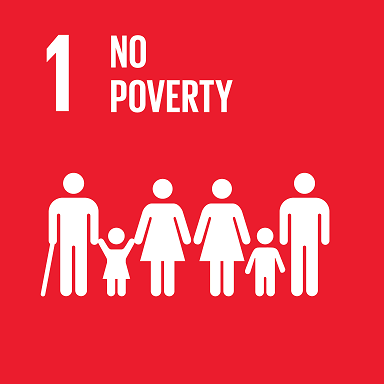
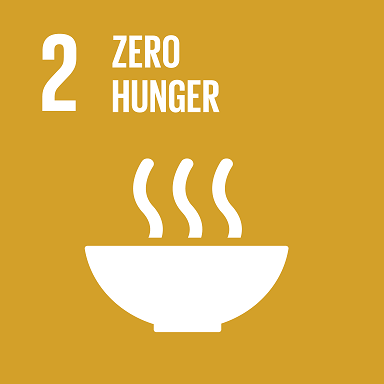
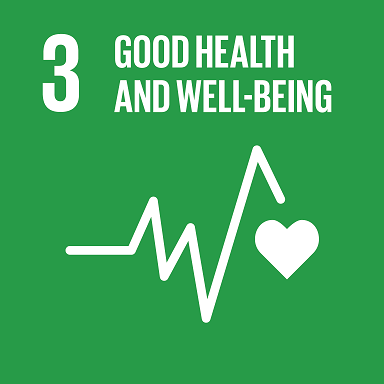
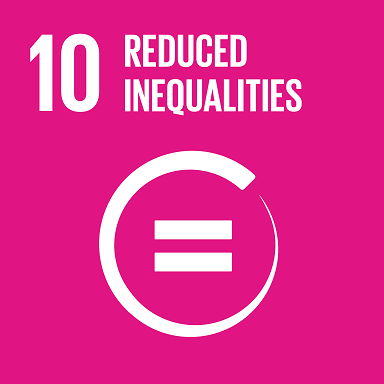
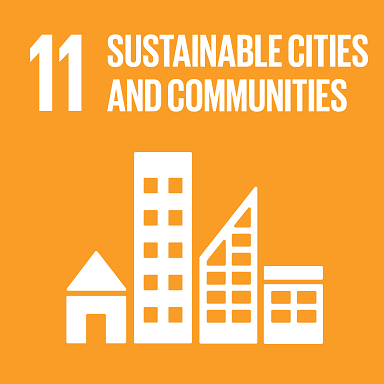

Successful implementation of the consolidated methodology for technical visits between peers
Summary of the case:
Thanks to the project, a consolidated methodology has been developed and implemented for the joint creation of work agendas for peer-to-peer visits (aimed at compiling best practices and issuing recommendations), which is considered as a lesson learned that can be found in the Knowledge Bank of the ADELANTE Programme. Different visits have been successfully carried out using this methodology, showing a real appropriation of the tool by the recipient country and a high level of commitment, knowledge exchange and technical trust from all participants. One of the most prominent was the visit to Paraguay, during which the project raised the possibility of providing technical assistance to the Ministry of Childhood and Adolescents, focusing on the design of a census of homeless children and adolescents. This generated new lines of work beyond what had been planned with a clear triangular cooperation approach.
As foreseen in the project, a first visit between peers was carried out, with the participation of the delegations of Costa Rica and Uruguay, where, applying the methodology, it was possible to identify the interest of the Paraguayan technical authorities to get support for the elaboration of a censuses for homeless people.
This allowed for technical assistance to be provided by a team specialised in evaluation from the Ministry of Social Development of Uruguay (MIDES), a team that has been working on the creation and implementation of censuses for the homeless in Uruguay. During the technical assistance, the population to be taken into account for the census of homeless children and adolescents in the city of Asunción was defined and working meetings and tours of the city were held to identify areas where the children and adolescents were circulating.
Main learning and recommendations:
The importance of developing and applying a specific participatory methodology for peer work.
Achieved impacts and objectives:
- A strong contribution to SDG 17 (Partnerships for the Goals) has been made by fostering "multi-stakeholder partnerships that mobilize and share knowledge, expertise, technology and financial resources" (target 17.16).
- Partner countries have been able to see the success stories (policies, initiatives, tools) of other countries as an opportunity for themselves.
- Channels have been made available for partner countries to seek specialised technical assistance from others.
- Peer-to-peer bonds have been strengthened at the technical and political levels.
These elements have been key to consolidating and enabling a medium-term vision of the network created between the participating countries: the Red Calle Network.
Key success factors:
- The experience and global vision of the MIDES team, the Project's coordinator.
- The rigorous application of the methodology for peer work.
- The high degree of commitment and openness from the host country.
- The high degree of commitment and professionalism from the provider country.
- The favourable political situation for the promotion of new initiatives and actions.
The added value of Triangular Cooperation: (more information here)
1. Building ownership and trust.
2. Promoting complementarity and increasing coordination in development cooperation.
3. Sharing knowledge and learning jointly.
4. Co-creating solutions and flexibility.
5. Enhancing the volume, scope and sustainability of Triangular Cooperation
6. Achieving global and regional development goals through strengthened partnerships for sustainable development.
RELATED FILES
Thanks to the peer-to-peer dialogue promoted by DIALOGAS, the National Technical Tables for Institutional Coordination in Transversal and Socio-Emotional Competences were created in Argentina, Paraguay and Guatemala and the conditions for the creation of the Tables in Chile, Panama and Uruguay were settled.
Thanks to the project, the first unique tool for the assessment at the regional level of transversal and socio-emotional competences has been created, which will allow the collection of data from different countries in order to compare them and get a comprehensive view of the subject.
Thanks to the project, Thematic Meetings have been designed and carried out to address the subjects prioritised in the Political Dialogue meetings with the political representatives of each partner municipality, considered as a lesson learned that can be found in this Knowledge Bank of the ADELANTE Programme. Thanks to the correct identification of the subjects prioritised in the Political Dialogue Meetings by the project's coordination team, several Thematic Meetings were successfully organised, including two of great impact on SDG 5, especially aimed at women entrepreneurs.
One of the main components of the Mirada Ciudadana project are the Political Dialogue Meetings, which consist of meetings between the authorities of the partner local governments to exchange ideas about the reality of their municipalities and their main challenges, promoting open dialogue and encouraging the joint creation of solutions. After the experience of the first meeting at the beginning of the project, the management team realized that, while it was important to promote exchanges between municipal authorities, it was also necessary to accompany them with thematic working-enabling environments to involve a greater number of stakeholders, including the final beneficiaries.
Applying principles and mechanisms of collective or group building throughout the cycle of training and technical assistance, in order to guarantee the active and balanced contribution of all participants, thus improving the learning and its application.
Sharing the project's products with peer entities in order to contrast and enrich them.
At the beginning of the project, there was a theoretical framework for "Peer-to-Peer technical visits": one of the pillars of the project which consists of visits to each of the partner countries, including political and technical representatives from other countries involved, in order to collect best practices and make recommendations. This theoretical framework has, gradually and thanks to the lessons learned from each visit and the experience and global vision of the project team, become a consolidated methodology whose main characteristic is to bring those involved into the limelight.
Defining and organising, within the framework of a methodology, a series of essential guidelines aimed at identifying the final beneficiaries and establishing the lines of work with them in the face of the challenge of working directly with small producers in different countries and very diverse environments.
The National Institute of Industrial Technology (INTI), which coordinated the project, had an extensive experience of good cooperation with the European Union (and other international donors) and had its own procedures in place. However, preparing to undertake a project under the Triangular Cooperation modality for the first time revealed the need to adapt these procedures and posed a challenge for the institution, which wanted to prepare itself in the best possible way by creating a methodology adapted to this modality, which was agreed upon with all project partners.





